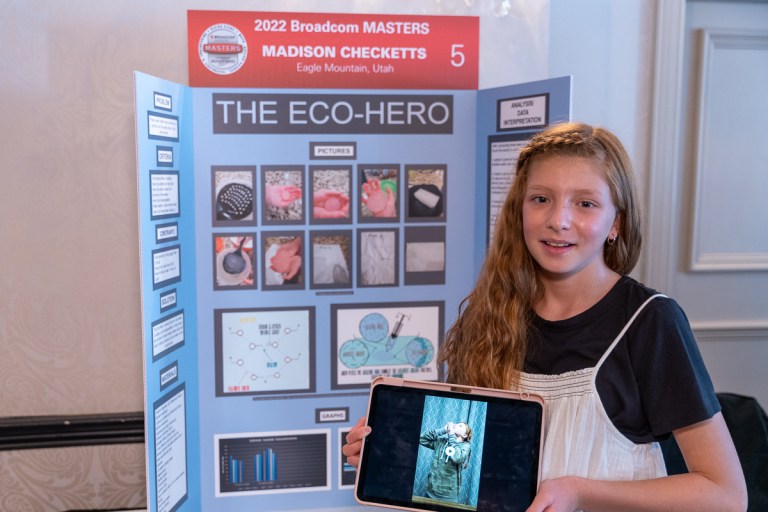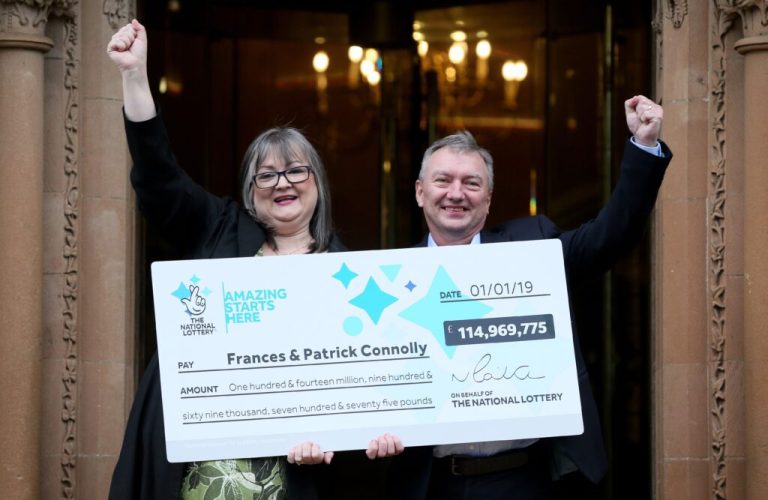Scientists have identified the common denominator behind three different processes that all boost brain function.
Injections of the anti-aging hormone klotho, infusions of young blood, and exercise have each been shown to promote cognitive rejuvenation in older mice, but until now, researchers didn’t know precisely why. On August 16, three teams — two from the University of California, San Francisco, and one from the University of Queensland in Australia — published studies naming a small protein called platelet factor 4 (PF4) as the powerhouse behind the processes.
“Young blood, klotho, and exercise can somehow tell your brain, ‘Hey, improve your function,’” Saul Villeda, senior author of the study that looked specifically at the protein’s presence in young blood, said in a UCSF news release. “With PF4, we’re starting to understand the vocabulary behind this rejuvenation.”
PF4 is secreted by blood platelets and plays a role in the body’s immune system response, promoting blood coagulation at wounds and helping stave off infection. Based on the recent research, though, it’s clear it does much more, leading UCSF to assert that the protein may one day “tap into a fountain of youth.”
“The therapeutic possibilities are very exciting,” geneticist and anti-aging scientist David Sinclair at Harvard University, who was not involved in the research, told Nature of the findings.
For the research into young blood, the team injected older mice with PF4, which they had previously found existed in larger quantities in younger plasma than older. They noted that the infusions decreased inflammation in the brain and led the animals to perform better on memory and learning tasks.

“PF4 actually causes the immune system to look younger; it’s decreasing all of these active pro-aging immune factors, leading to a brain with less inflammation, more plasticity and eventually more cognition,” Villeda said. “We’re taking 22-month-old mice, equivalent to a human in their 70s, and PF4 is bringing them back to function close to their late 30s, early 40s.”
And older mice weren’t the only ones to benefit from PF4. The team studying klotho found that after an injection of the anti-aging hormone, platelets released PF4 — which was then determined to enhance the formation of neural connections, leading to improvements in behavioral tests in both older and younger mice.
Finally, the study on exercise, which has previously been shown to boost cognitive function in adults exhibiting signs of early onset Alzheimer’s disease, found that platelets released P4F into the blood following physical activity. Alzheimer’s is just one area in which this research may prove beneficial.
RELATED: Movement Medicine: Regular Exercise Can Slow Mental Decline, Study Shows
The three studies appeared in Nature, Nature Aging, and Nature Communications, and it wasn’t a coincidence that they were all published on the same day.
“When we realized we had independently and serendipitously found the same thing, our jaws dropped,” explained Dr. Dena Dubal, study lead for the research into klotho. “The fact that three separate interventions converged on PF4 truly highlights the validity and reproducibility of this biology.”












Pingback: 2030年の未来予測:カリフォルニア大学サンフランシスコ校(UCSF)が描くアンチエイジング革命 | ABITA LLC&MARKETING JAPAN
Pingback: 2030年:カリフォルニア大学サンフランシスコ校発、アンチエイジングと人類不死の未来予測 | ABITA LLC&MARKETING JAPAN